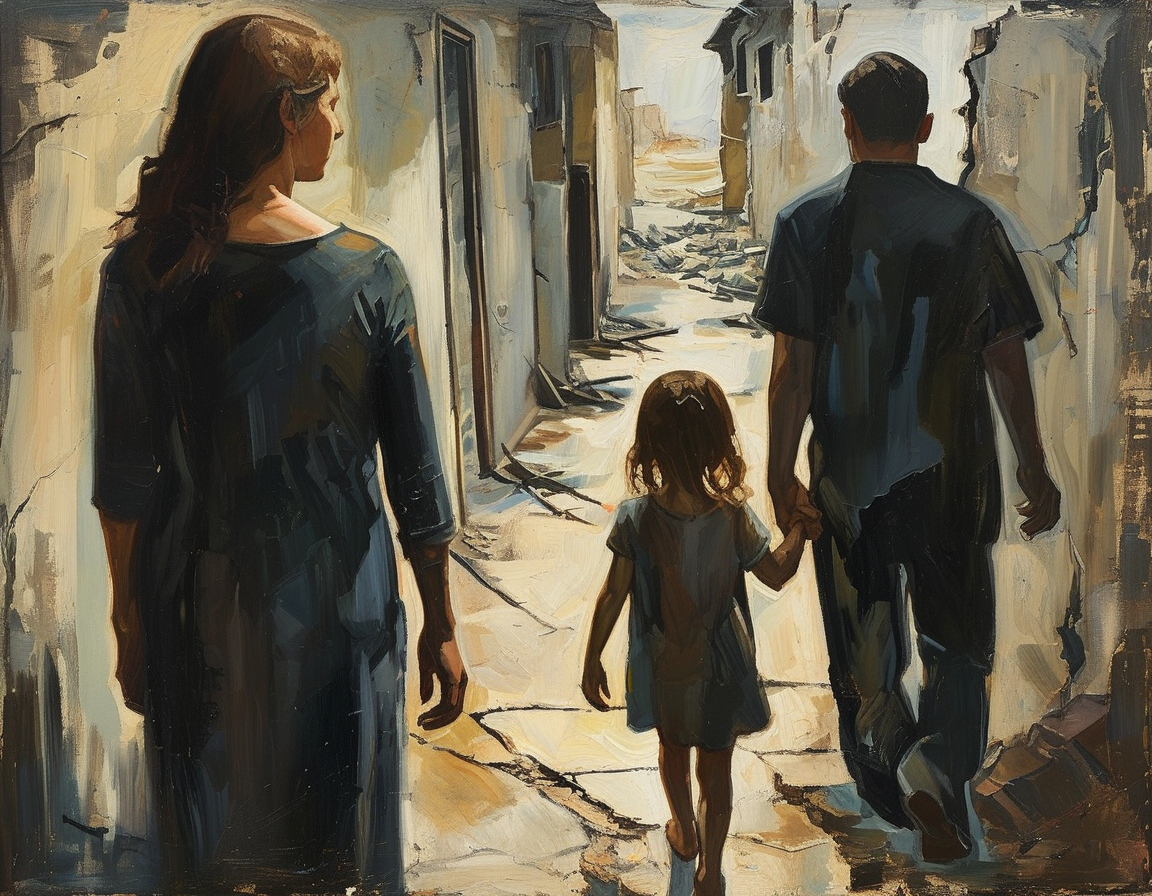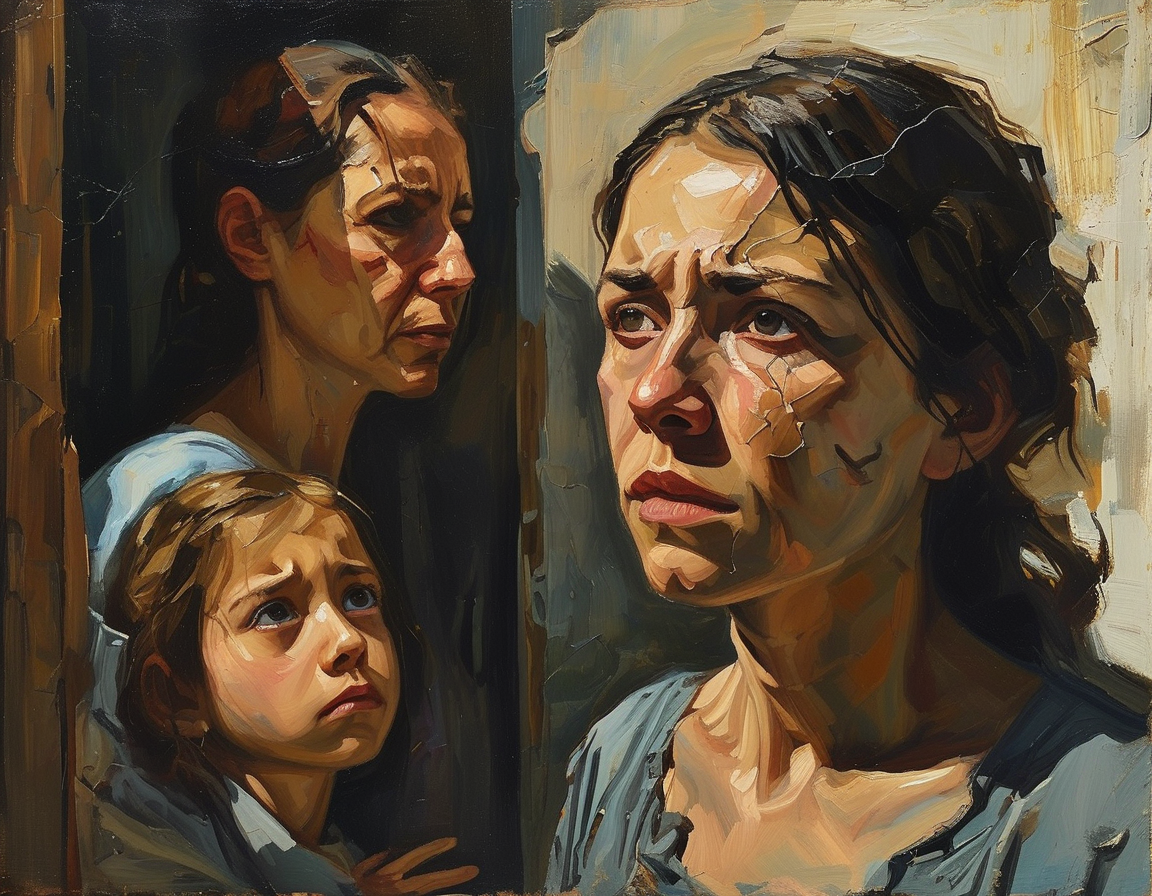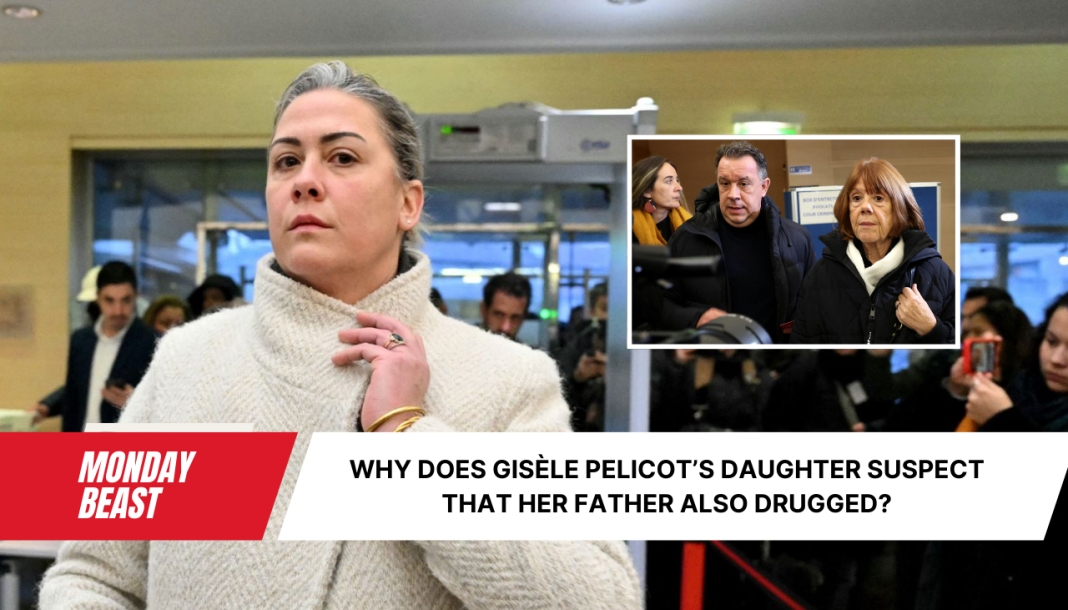The Unthinkable Nightmare
What if your childhood was built on lies? Caroline Darian’s world came crashing down with a single phone call. In November 2020, she learned horrifying secrets about her father, Dominique Pelicot. For nearly a decade, he had drugged her mother, Gisèle, to facilitate her abuse. Can you imagine the betrayal? One moment, everything seems normal; the next, you’re forced to confront the unthinkable.
Gisèle’s call shattered Caroline’s reality, forcing her to reassess every memory of her family. “At that moment, I lost what was a normal life,” she described in her interview with the BBC. It’s an unfathomable weight. Imagine feeling like your childhood was a facade. How could one person create such chaos?
A Painful Legacy

As the daughter of both victim and predator, Caroline bears a unique burden. Her father’s heinous actions not only affected his wife but also rippled through his daughter’s life. In the wake of these revelations, she strongly suspects that she too was a victim of abuse—but lacks evidence. “I know he drugged me,” she says, “but I don’t have any proof.” This absence of proof is tragically common for many victims. How do we address a system where countless individuals suffer in silence?
Dominique, now 72, repeatedly denied any wrongdoing, adding to Caroline’s anguish. Her haunting words in court, “I’ll never see you again! You’ll die alone like a dog!” reflect not just wrath but a profound sense of loss. Caroline’s struggle to come to terms with her father’s dual identity as both parent and monster is almost unbearable. What does it cost to reclaim one’s identity when it’s intertwined with such villainy?
The Trial that Shook France
The mass rape and drugging trial sent shockwaves through France. The court found 51 individuals, including Dominique, guilty of horrific crimes. The systemic misogyny embedded in society was laid bare through this trial. Women across France are now demanding change. The need for justice has never felt more critical. Was this trial a turning point in how society views sexual violence?

Darian’s story is more than just a personal tragedy. It has opened the door to broader conversations about gender-based violence in France. No longer can the uncomfortable truths hide behind closed doors. Her book, “I’ll Never Call Him Dad Again,” serves as a testament to pain and resilience. It is a plea for justice and awareness. Can storytelling inspire change?
Chemical Submission Uncovered
One of the most chilling aspects of this case is the concept of “chemical submission.” This refers to the deliberate use of drugs to facilitate abuse. It’s shocking that Dominique used such tactics to exploit his wife and others. In court, Gisèle testified that over the years, she experienced alarming health issues. Could these terrible realities lead to changes in law or policy?
Dominique exploited dating websites to recruit accomplices for his crimes. The now-defunct Coco.fr chatroom became a breeding ground for abuse. Imagine unwittingly becoming part of a nightmare orchestrated by a loved one. The depths of human depravity can be overwhelming.
The Aftermath and Healing

As Caroline processes her trauma, she faces many challenges. The road to healing is long and laden with emotional burdens. It’s a reminder of how intertwined love, pain, and betrayal can be. Can we find solace in talking about these experiences? The more we discuss such issues, the greater the chance for healing.
The fight for justice extends beyond the courtroom. It involves changing how society views victims. Caroline’s story exemplifies how silence allows abuse to thrive. Are we ready to listen? As we confront these harsh realities, perhaps we can build a safer world for future generations.
In summary, Caroline Darian’s story brings to light the hidden struggles of countless victims. Her journey is a testament to resilience and a call to action. It challenges us to examine our own beliefs about abuse and victimhood. Will we listen and learn from her pain? The answer may define the future for many.




